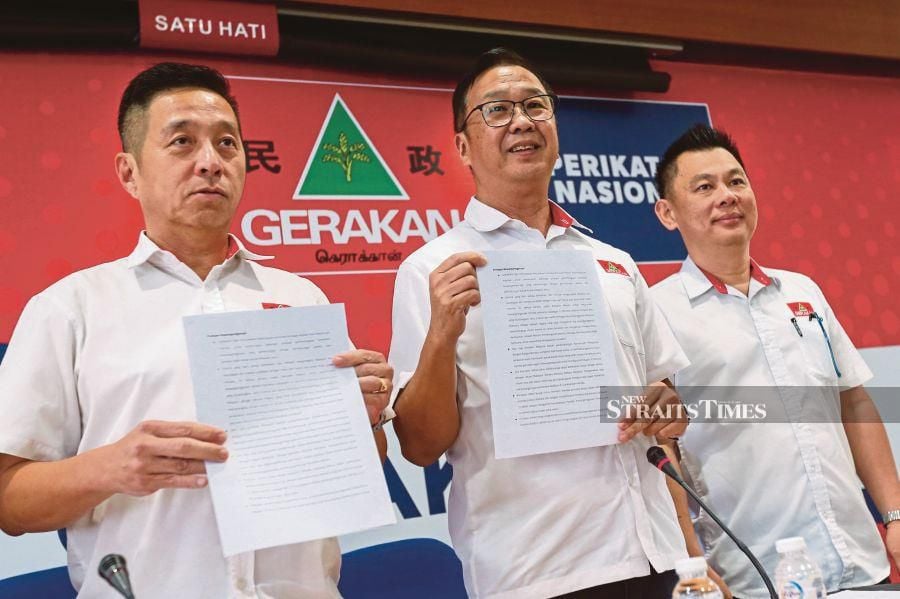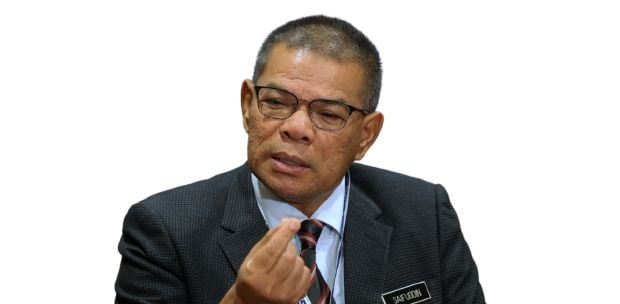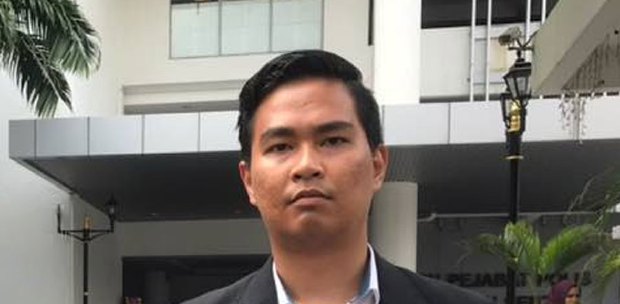GEORGETOWN: The government's proposed Federal Constitution amendment involving citizenship runs in contrary with efforts to protect women and underage children.
Gerakan president Datuk Dr Dominic Lau Hoe Chai said the proposed amendments puts newly-married women "at risk" of losing their citizenship, apart from being at mercy of their husbands if a divorce occurred before the proposed new period of two years from the women obtaining citizenship.
"Malaysia is a country that does not recognise dual citizenship, and this situation seems to trap women and threaten them with statelessness.
"As a signatory to the United Nations Convention on the Rights of the Child, Malaysia and its government agencies are obligated to assist stateless children in receiving necessary aid, including for example, in matters of citizenship in Malaysia.
"If we examine this closely, most stateless children fit the definition of being Malaysian citizens because they speak the Malay language, practice our customs, and in some cases, these children are unable to enjoy citizenship rights due to circumstances beyond their control," Lau said after attending the Gerakan Central Committee meeting at its headquarters in Penang, today.
Last Monday, Home Minister Datuk Seri Saifuddin Nasution Ismail, said the considering the composition of the population in this country, especially with the presence of 3.5 million foreigners, the government was required make amendments to the Second Schedule, Part III, Section 19(b) of the Federal Constitution, which currently grants citizenship to stateless children through law.
Lau said the government had the authority to give stateless children in this country a second chance through Article 15A, by registering those under the age of 21.
He acknowledged that granting citizenship through this method was a challenging task but said he believed that amending the law to reduce the age limit for citizenship registration from 21 years to 18 years would only end in vain.
"This only reduces their chances in the application process, and I see no winners from such a decision," he said.





